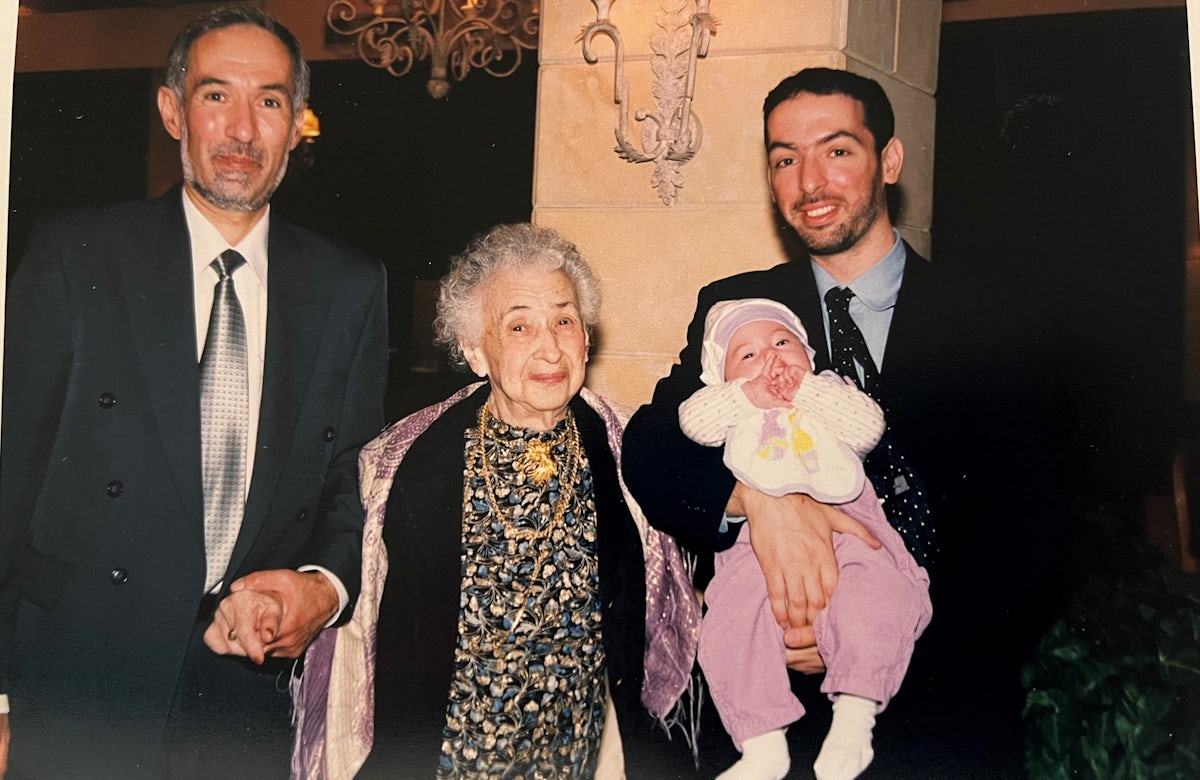"Where are you from?" It's such a simple question, yet one that I dread being asked. Some people can answer it without a second thought; they say where they grew up, where they currently live, or the city they were born in. It's a simple question with a simple answer.
That could not be less true for me.
My go-to answer is "everywhere." While that is not a place, it is the answer that best encompasses my life experience in the least number of words.
While I could say New York City—my birthplace and the city in which I currently reside— I don't consider it home.
I could also say Los Angeles. My family moved to LA when I was three months old and we lived there for four years. It’s where I said my first words, took my first steps, and had my first playdates with people I still consider friends today. While LA seems like the place I spent my early childhood, it still isn't truly home.
Then there is Miami—the city where I went to high school, learned how to drive a car, and finally got the dog that my siblings and I begged my parents for. I have fond memories of that city, but also painful ones. While I will always cherish the community my family became a part of, Miami still isn't my home.
Then there is Israel. More specifically, Tel Aviv. It's the city where I first fell in love with reading and writing. The city where I finally felt like I had a group of best friends with whom to go to the café or the movies. It's the city where I changed from a girl to a woman and learned more about myself than I could have imagined. I went through extreme pain—from battling anorexia and severe depression to living through an outbreak of war—but I also felt like I belonged. Among my friends, I am the loud and obnoxious Israeli; always yelling, a bit tough, but always motivated by love. But would I consider Tel Aviv home?
While those are just the cities I have lived in, there are also cities my family comes from that influenced my childhood. My mom's side of the family is entirely Brazilian. Anytime they would visit Miami or Israel, I would speak to them in basic English.
At the same time, I listened to my grandma speak Portuguese and my mother’s broken Portuguese. Brazil is the country that took in my family after World War I, while the rest of my family who did not make it from Eastern Europe were killed during the Holocaust. While I am grateful, I also hear stories of how difficult it is to be a Jew in Brazil.
Then there is Argentina, the country my paternal grandmother came from. While most Ashkenazi Jews grow up making matzah ball soup, my grandmother would make empanadas. She was born and raised in Argentina, but I only knew my grandmother as Safta Tzvia—a strong Israeli-Jewish woman.
There is also Romania, my paternal grandfather’s country of origin, although it is a place I most definitely don't have a connection to. It's the country where my great-grandfather was sent from Romania to a Nazi Labor camp, and in which my great-grandmother hid from the Nazis with her cousins. After the war, when my grandfather was born, my family immediately moved to Israel, leaving behind those memories.
I am the embodiment of "the wandering Jew." My family has moved from country to country, picking up the culture and language of each place until finally ending up in Israel—our homeland. I am not from one place in particular; I embody every country my family has lived in. I am my family's history of resilience and strength. Growing up in an Ashkenazi family where Moroccan fish is a staple every Friday night rather than matzah ball soup, I felt out-of-place. I never felt like my family’s story had a place in the American-Jewish community. Rather than letting others rewrite my experience, I decided to create a space where stories like mine were celebrated, rather than left out.
As Jewish-American Heritage Month comes to a close, I remind myself that while my story may be unique, it’s also one that is essential to the U.S. The United States is a melting pot of experiences, languages, food, and cultures. The Jewish community is no exception. My hope is that we do not create a Jewish community where some people feel left out because they do not fit in to the mainstream Jewish-American experience. Rather, we should strive to create a community where everyone’s stories are heard and welcomed rather than overlooked and simplified.
In October 2021, the World Jewish Congress (WJC) and Jewish on Campus (JOC) announced a joint partnership to amplify the voices and strengthen the actions of college students who identify antisemitic occurrences at their schools. The two organizations will provide support to Jewish student communities internationally, which expands the Jewish on Campus network as well as WJC’s relationships with Jewish student communities.







